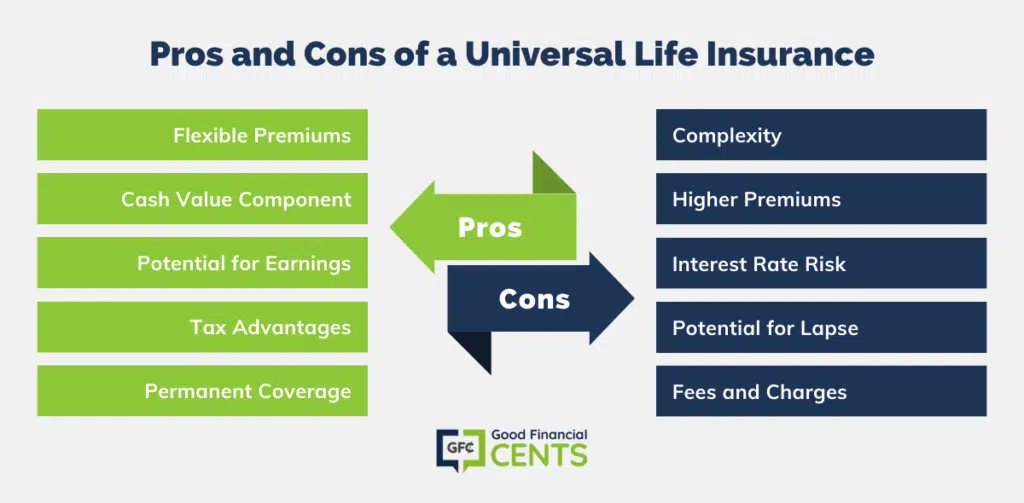All Categories
Featured
Table of Contents
1), commonly in an attempt to beat their category standards. This is a straw guy disagreement, and one IUL individuals love to make. Do they compare the IUL to something like the Vanguard Total Supply Market Fund Admiral Shares with no lots, a cost proportion (EMERGENCY ROOM) of 5 basis factors, a turnover proportion of 4.3%, and an extraordinary tax-efficient record of circulations? No, they compare it to some dreadful proactively managed fund with an 8% tons, a 2% ER, an 80% turnover proportion, and a terrible record of short-term capital gain circulations.
Mutual funds typically make annual taxed distributions to fund owners, even when the worth of their fund has actually gone down in value. Mutual funds not just need earnings coverage (and the resulting annual taxation) when the shared fund is going up in value, however can likewise enforce revenue taxes in a year when the fund has actually gone down in value.
You can tax-manage the fund, harvesting losses and gains in order to decrease taxable distributions to the investors, however that isn't in some way going to change the reported return of the fund. The possession of shared funds might need the mutual fund owner to pay estimated taxes (what's the difference between universal life and whole life insurance).

IULs are simple to place so that, at the owner's death, the beneficiary is not subject to either earnings or inheritance tax. The very same tax decrease techniques do not work virtually as well with shared funds. There are various, often pricey, tax traps related to the moment buying and marketing of mutual fund shares, traps that do not put on indexed life Insurance policy.
Opportunities aren't really high that you're mosting likely to go through the AMT because of your mutual fund distributions if you aren't without them. The remainder of this one is half-truths at ideal. For example, while it is true that there is no revenue tax obligation due to your successors when they inherit the earnings of your IUL policy, it is likewise real that there is no income tax due to your successors when they acquire a shared fund in a taxable account from you.
Problems With Universal Life Insurance
The government estate tax obligation exemption limit is over $10 Million for a pair, and growing annually with rising cost of living. It's a non-issue for the huge majority of medical professionals, much less the rest of America. There are better ways to prevent inheritance tax problems than purchasing investments with low returns. Common funds might trigger revenue taxes of Social Security benefits.

The development within the IUL is tax-deferred and might be taken as free of tax revenue through financings. The plan owner (vs. the common fund supervisor) is in control of his or her reportable earnings, hence enabling them to decrease or perhaps eliminate the taxation of their Social Safety advantages. This is great.
Below's another minimal concern. It's true if you buy a shared fund for state $10 per share right before the distribution day, and it distributes a $0.50 distribution, you are then going to owe taxes (probably 7-10 cents per share) although that you haven't yet had any gains.
In the end, it's actually about the after-tax return, not exactly how much you pay in tax obligations. You are mosting likely to pay even more in taxes by using a taxable account than if you acquire life insurance. But you're also probably mosting likely to have more money after paying those tax obligations. The record-keeping demands for owning common funds are substantially a lot more complicated.
With an IUL, one's documents are kept by the insurance provider, copies of yearly declarations are sent by mail to the proprietor, and circulations (if any kind of) are completed and reported at year end. This one is likewise sort of silly. Obviously you should maintain your tax obligation documents in situation of an audit.
Index Universal Life Insurance Quotes
Hardly a reason to get life insurance policy. Common funds are typically component of a decedent's probated estate.
On top of that, they are subject to the delays and costs of probate. The proceeds of the IUL plan, on the other hand, is constantly a non-probate distribution that passes outside of probate directly to one's called beneficiaries, and is consequently not subject to one's posthumous creditors, unwanted public disclosure, or comparable hold-ups and prices.
Medicaid incompetency and life time revenue. An IUL can provide their owners with a stream of income for their entire life time, no matter of exactly how long they live.

This is advantageous when arranging one's events, and transforming properties to income prior to an assisted living home arrest. Mutual funds can not be converted in a comparable fashion, and are usually thought about countable Medicaid properties. This is one more foolish one promoting that bad individuals (you know, the ones that require Medicaid, a government program for the bad, to pay for their assisted living home) ought to make use of IUL as opposed to common funds.
Universal Whole Life Vs Whole Life
And life insurance policy looks dreadful when contrasted relatively against a retirement account. Second, people who have money to get IUL above and past their retirement accounts are going to need to be horrible at taking care of money in order to ever before certify for Medicaid to pay for their nursing home costs.
Chronic and incurable disease cyclist. All policies will permit a proprietor's easy accessibility to money from their policy, usually waiving any surrender charges when such individuals endure a serious health problem, need at-home treatment, or become constrained to an assisted living facility. Mutual funds do not offer a similar waiver when contingent deferred sales costs still relate to a common fund account whose proprietor requires to market some shares to money the costs of such a remain.
Indexed Universal Life Insurance Quotes
You get to pay more for that benefit (rider) with an insurance policy. What a large amount! Indexed universal life insurance coverage offers death advantages to the beneficiaries of the IUL owners, and neither the proprietor neither the recipient can ever before shed cash as a result of a down market. Common funds give no such assurances or survivor benefit of any type of kind.
I certainly do not need one after I reach financial freedom. Do I desire one? On standard, a purchaser of life insurance policy pays for the real expense of the life insurance advantage, plus the costs of the policy, plus the profits of the insurance coverage business.
What Is Group Universal Life
I'm not totally sure why Mr. Morais included the entire "you can not shed cash" again here as it was covered rather well in # 1. He simply wished to duplicate the very best marketing point for these things I expect. Again, you don't lose nominal dollars, however you can shed real bucks, along with face severe chance cost due to reduced returns.

An indexed universal life insurance plan proprietor may trade their plan for a totally different plan without activating revenue tax obligations. A mutual fund proprietor can not relocate funds from one shared fund firm to an additional without marketing his shares at the previous (therefore setting off a taxed occasion), and buying brand-new shares at the latter, typically based on sales fees at both.
While it holds true that you can exchange one insurance coverage for one more, the factor that individuals do this is that the first one is such a terrible plan that also after purchasing a brand-new one and going with the early, adverse return years, you'll still appear ahead. If they were offered the appropriate policy the very first time, they shouldn't have any type of desire to ever before exchange it and experience the very early, unfavorable return years once more.
Latest Posts
Should I Cancel My Universal Life Insurance Policy
Life Insurance Term Vs Universal
Nationwide Yourlife Indexed Ul Accumulator